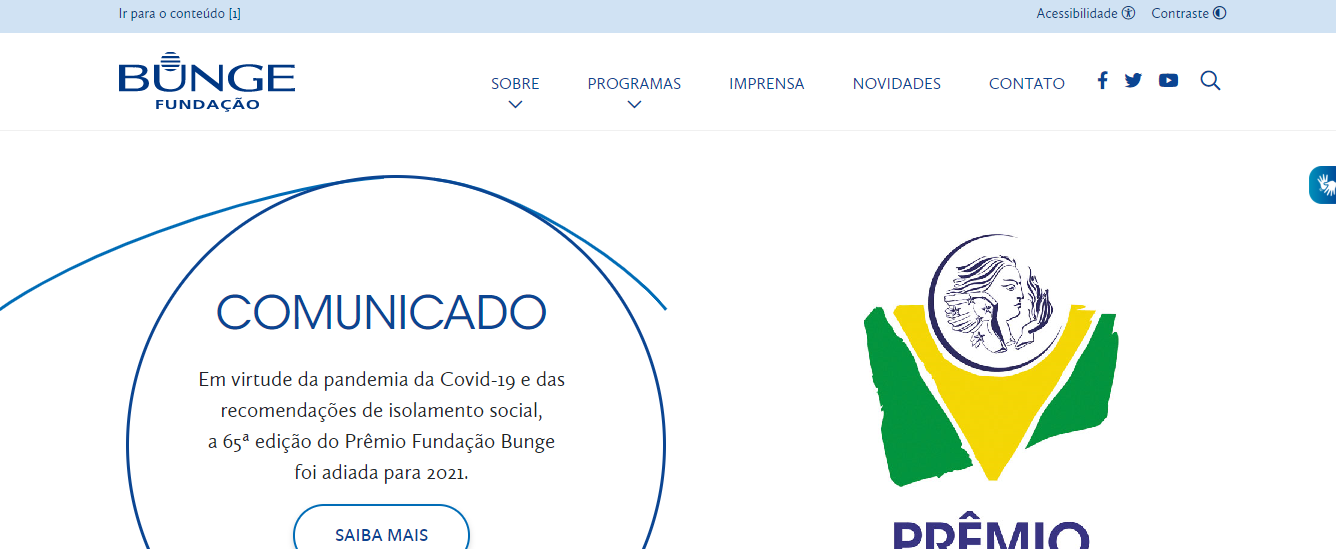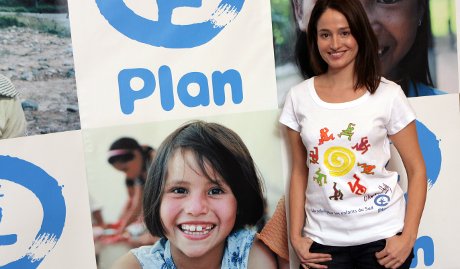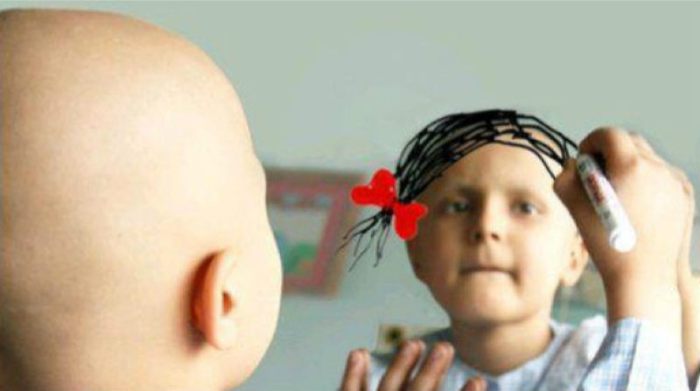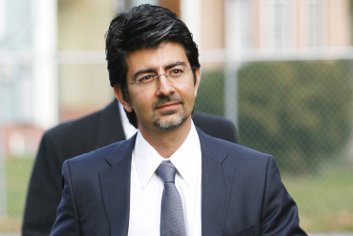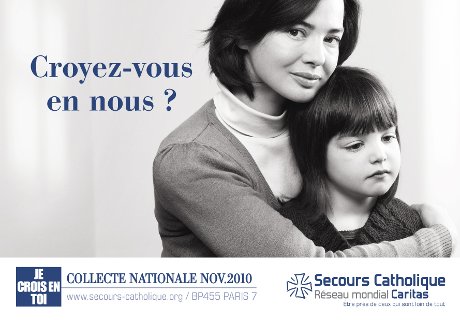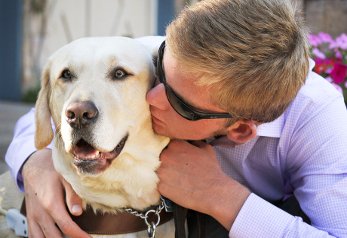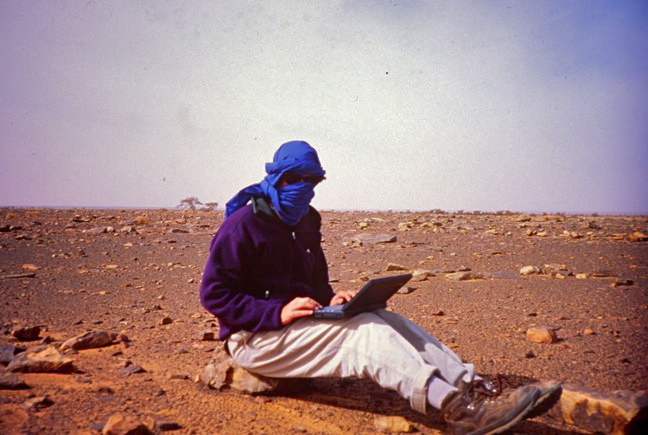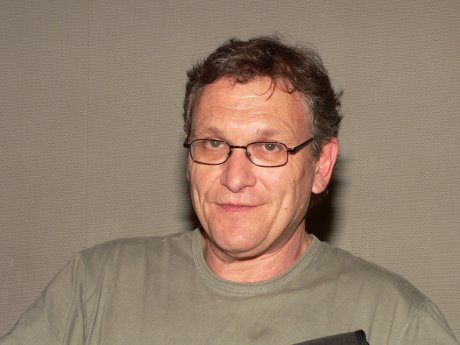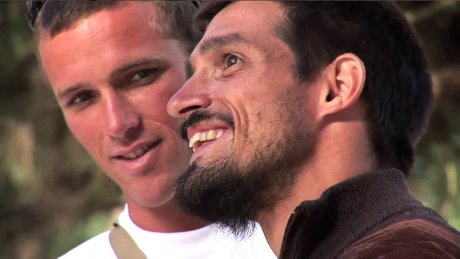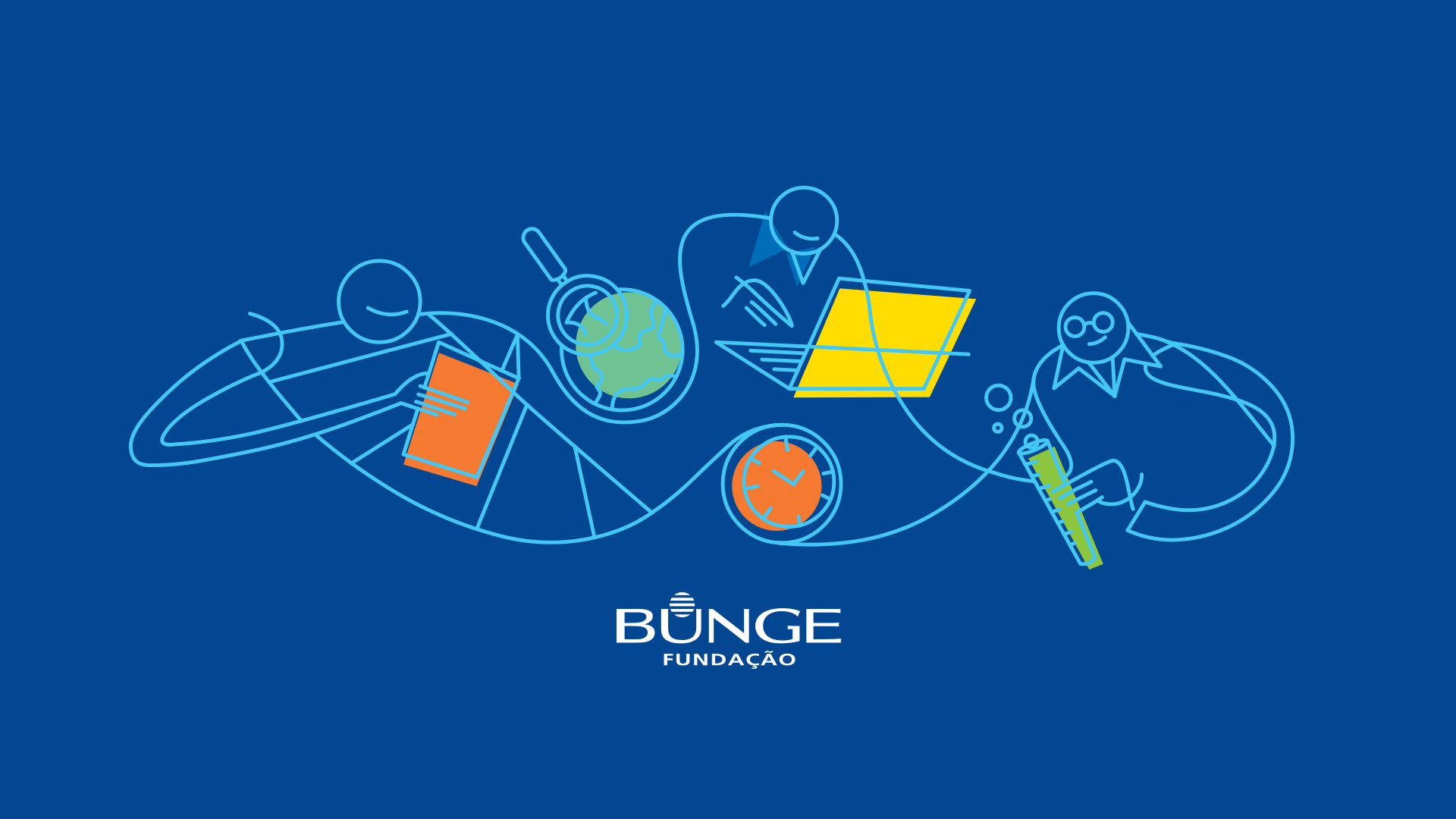
Victor Rabelo
The Bunge Foundation was created in 1955 and works on different fronts with the commitment of valuing people and adding talents to build new paths. Bunge Foundation’s actions establish a relationship among past, present and future and are put into practice through its programs:
Bunge Foundation Award – an incentive to science, literature and arts
The Bunge Foundation Award was created in 1955 with the purpose of encouraging innovation and disseminating knowledge by recognizing those who contribute to the development of culture and science in Brazil, in addition to stimulating new talents. Granted annually, the award encompasses six areas of human knowledge: Human, Social, Biological, Ecological and Health Sciences, Exact, Technological and Agrarian Sciences, Arts and Literature.
In each edition, two personalities are awarded for the set of their work in the Life and Work category and two young people up to 35 years who stand out in their fields in the Youth category. The area of Agricultural Sciences is awarded every year and the others follow a rotation system.
Since its creation, almost 200 personalities have been awarded, among them the writers Jorge Amado and Ruth Rocha, the architect Oscar Niemeyer, the doctor and researcher Carlos Chagas Filho, the agronomist Eurípedes Malavolta and the political scientist Fernando Abrucio.
Integrated Community – sustainable territorial development program
Originally implemented in the state of Tocantins, in the municipalities of Bom Jesus do Tocantins, Pedro Afonso and Tupirama from 2011 to 2015, the Integrated Community is a sustainable territorial development program that Bunge Foundation puts into practice in regions where Bunge is located. Between 2014 and 2017, the project was also implemented in Pará, in the municipalities of Barcarena and Itaituba, aiming comprehensive protection of children and adolescents.
In 2018, thinking about the importance of diversity in the work market, the Bunge Foundation brought together the Municipal Government, the private sector, Third Sector organizations and training entities from Rondonópolis (MT) to promote the training and inclusion of People with Disabilities and Young Apprentices in the local work market. From this initiative, “Redes – Valuing Youth and People with Disabilities” was born. The project develops practical actions to bring people with disabilities and young apprentices closer to training providers and the labor market.
Memory Center – business memory preservation program
Created and maintained by the Bunge Foundation since 1994, the Bunge Memory Center, one of the richest corporate memory collections in the country, aims to keep and preserve historical documentation, disseminate knowledge and use Bunge’s collections as strategic management tool.
A reference in the area of business memory preservation, the Bunge Memory Center has a collection that gathers materials from different origins and types, such as cartographic, iconographic, three-dimensional, textual documents, among others, that tell the history of the more than 100 years of Bunge in Brazil, and includes themes such as the history of Brazilian industrialization, agribusiness, advertising and navigation.
To facilitate the access to the public and share with the society the learning that has been built, the Bunge Memory Center makes its collection available through free activities such as Assistance for Research, Theme Exhibitions, Technical Visits, Benchmarking, among others.
Sowing Readers – reading incentive program
The Sowing Readers Program was created by the Bunge Foundation to stimulate children’s contact with books in a pleasant way through reading, encouraging the expansion of the child’s universe. To this end, the Foundation invested in offering cozy and playful spaces, designed especially to facilitate access to books. In addition, it offers a collection of more than 1000 titles, renewed annually with kits of new books and offers of playful chests, with props and costumes that contribute to the storytelling activities, making the moment even more interesting for the little ones.
Always carried out in partnership with the municipal government or partner companies, the Program also trains reading mediators, professionals who are responsible for stimulating a taste for books and reading, through face-to-face and online meetings. Currently, there are 33 Sowing readers spots, present in nine Brazilian states (Bahia, Mato Grosso, Minas Gerais, Pará, Paraná, Rio Grande do Sul, Santa Catarina, São Paulo and Tocantins).
Educational Community – corporate volunteering program
In 2002, the Bunge Foundation created Bunge’s corporate volunteering program in Brazil, the Educative Community, to encourage and enhance community work in municipalities where the company is present. Today, the program has more than 700 volunteers from 14 locations who have up to 2 hours of work per week to develop recreational and cultural activities in schools, children and elderly shelters, community spaces and Sowing Readers reading spots, also by Bunge Foundation.
It acts in an irradiated way, i.e., each unit analyzes the priorities of the region so that the volunteer can find the best way to concentrate efforts on what the community really needs.
The program also includes the Volunteering Journey, a month in which all Bunge`s employees in Brazil have the opportunity to participate in volunteer activities, with the aim of showing how volunteer action can be rewarding for both who perform and who are impacted by it and also as a way for volunteers to get to know and interact with the community.
Website:http://www.fundacaobunge.org.br/

